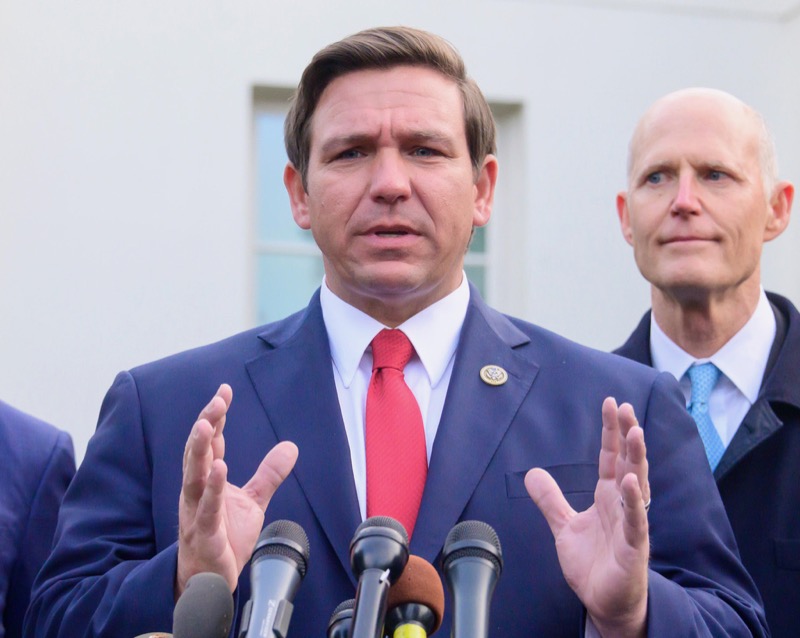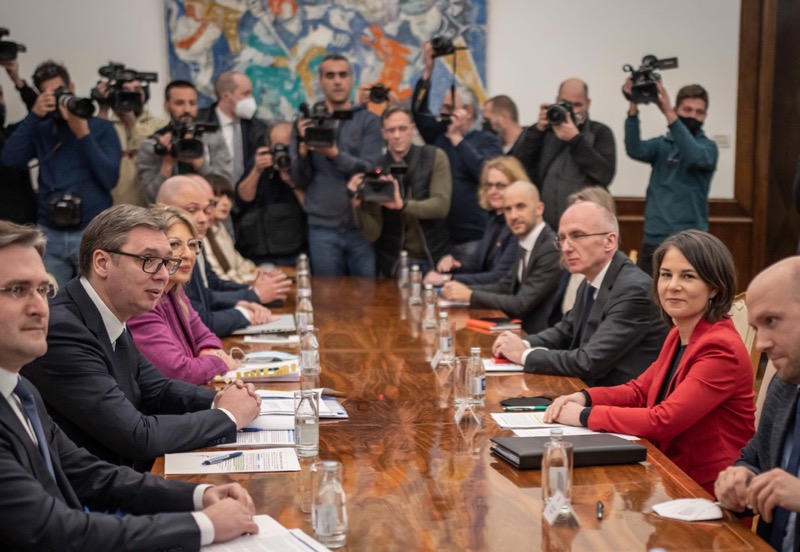Vladimir Putin’s war against Ukraine is shaking the Balkans, for centuries an arena of big-power clashes. Moldova, a former Soviet republic sandwiched between Ukraine and Romania fears it could be “next”. Romania is stepping up defence spending.
In no Balkan country is the war being followed more anxiously than Bosnia and Herzegovina, which had its own bloody war in the 1990s and is split between Croats, Muslims and Serbs – whose leaders look to Russia.
“The longer the war in Ukraine lasts, the greater the possibility of Russia opening a second front somewhere else,” Bosnian journalist Srecko Latal told The Tablet.
His sources have informed him that Russia has already told the separatist Bosnian Serb leader, Milorad Dodik, a close Kremlin ally: “This is your opportunity to go for independence,” and that if the Bosnian Serbs secede, as they have often threatened, Moscow will support them.
But Latal says the danger of “second fronts” in the Balkans is not confined to Bosnia. The Kremlin’s influence is strong in Montenegro, where pro-Russian parties are pushing hard for early elections. Latal says if they win, they will try take Montenegro out of Nato.
Kosovo is another neuralgic point. “Any incident in Kosovo … let’s say a shot is fired at a Serbian child… could create a major disturbance,” he says. “The situation is fragile all over the Balkans.”
In traditionally pro-Russian Serbia, where much is made of a common Orthodox faith, the war has energised the far right.
A pro-Russian demonstration organised by the previously obscure “people’s patrols” attracted thousands of people. On social media, bearded men posed in uniform, proclaiming their imminent departure for the Donbas.
Serbian journalist Ivana Jeremic said she was startled by the size of the pro-Russian rally in Belgrade. She told The Tablet that President Aleksandar Vucic is playing a subtle game.
“Elections are a month away and he won’t to do anything that might endanger his victory. He knows he needs to please people who love Russia because they are his voters.”
However, she also says that most Serbs, Vucic included, don’t want another war in Bosnia: “Because that would be a lose-lose game for everyone.”
Jeremic notes also that the influential Serbian Orthodox Church, which cherishes ties to the Moscow Patriarchate, is sounding uncharacteristically pacific about the war in Ukraine. “The Church is being strangely normal about this [war]. We’re not used to that”.
Observers see a shift in the Church’s tone since the powerful, pro-Russian Metropolitan Amfilohije died in 2020, and a new Patriarch was elected.
In his sermon on the war in Ukraine, delivered in Belgrade’s St Sava cathedral, Patriarch Porfirije refused to take sides. “Our own memories of tragic wars and conflicts in the former Yugoslavia are very much alive among us, and here is another war that broke out in Europe, among our Christian brothers, Russians and Ukrainians,” he said. He repeated a similar message last Sunday.
Belgrade journalist Sasa Dragoljo told The Tablet that far-right Serbs “are looking at Putin’s example and hoping to get back ‘historically Serb lands’ in the Balkans,” meaning Bosnia and Kosovo. “But the average Serb does not know much about Russian culture and history; talk of ‘Orthodox brotherhood’ is mostly a façade,” he added.



 Loading ...
Loading ...